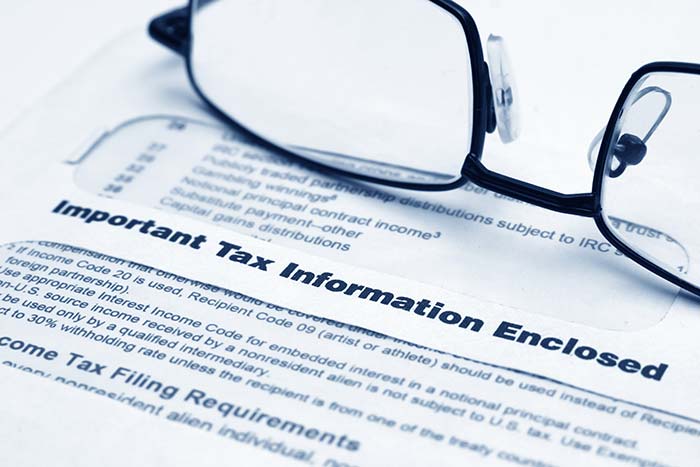At more than 73,000 pages long the federal tax code hardly makes for light reading. For the average person, trying to navigate the ins and outs of tax law can feel a little like trying to find the proverbial needle in the haystack. Understanding the rules can go a long way towards minimizing your tax liability but only if you know what you can claim. Deductions and credits for things like charitable donations or child care costs are fairly common but the IRS also allows exceptions for more offbeat expenses. Here’s a list of some strange but true tax laws that are currently on the books.
Relief for Renters
Renting out property is a great way to generate some extra income but the IRS expects you to pay taxes on what you bring in. The upside is that you can deduct certain expenses that go along with being a landlord. There is an exception to this rule if you’re only planning to rent for the short-term. Any income you make from renting is considered tax-free if you rent the space for less than 15 days out of the year. That means if you’re planning on renting out your house over the summer or holidays, you may be able to put some extra cash in your pocket tax-free.
Starving Artist Deduction
If you’re an actor, musician or performance artist the IRS cuts you a break when it comes to certain business expenses. As long as you worked for at least two different employers during the year and earned $200 or more at each job, you can deduct expenses exceeding 10% of your performance art income. Artists are only eligible to claim the deduction if their total adjusted gross income is less than $16,000 but every penny counts when you’re paying out of pocket for things like paint, musical instruments or dance shoes.
Beyond the Home Office
If you’re self-employed you probably already know that you can deduct certain expenses that go along with working from home. For 2013, the IRS has simplified the home office deduction, making it easier to write off some of the cost. What you may not be aware of is that you can also deduct a portion of what you pay for professional landscaping services. The amount you can deduct is based on the percentage of your home you use for business and you may even be able to write off the cost of lawn care and driveway repair.
Living Organically
Eating just organic foods is a great way to improve your overall physical health but it can take a serious toll on your financial health due to the cost. The good news is that if you only eat organic on your doctor’s recommendation because of a food allergy or another health condition, you may be able to write off some of what you spend at the grocery store. In the past, the IRS has allowed taxpayers to deduct the difference between the cost of chemically uncontaminated food and foods that were subjected to chemical processing as a medical expense. Make sure you get a note from your doctor to support the deduction in case Uncle Sam questions your claim.
Flying the Friendly Skies
Certain business expenses can be deducted on your taxes, including travel, meals and entertainment. This rule applies whether you work for a large company or you own a small business. If you regularly fly for business purposes, the deduction is okay for commercial flights but you can also write off the cost of owning your own plane. According to the IRS, private plane expenses including it’s purchase cost, fuel and maintenance may be deductible if it’s used for travel that’s directly related to business. You’ll need to document business trips carefully since the IRS might raise an eyebrow if you’re constantly flying off to tropical locales.
These are just a few of the more unusual tax deductions the IRS allows. If you’ve got an out-of-the-ordinary expense you’re planning to write off, it pays to get advice from a tax professional first. Trying to claim deductions or credits for things that aren’t allowed could mean big trouble when it’s time to file.



Leave a Reply
You must be logged in to post a comment.